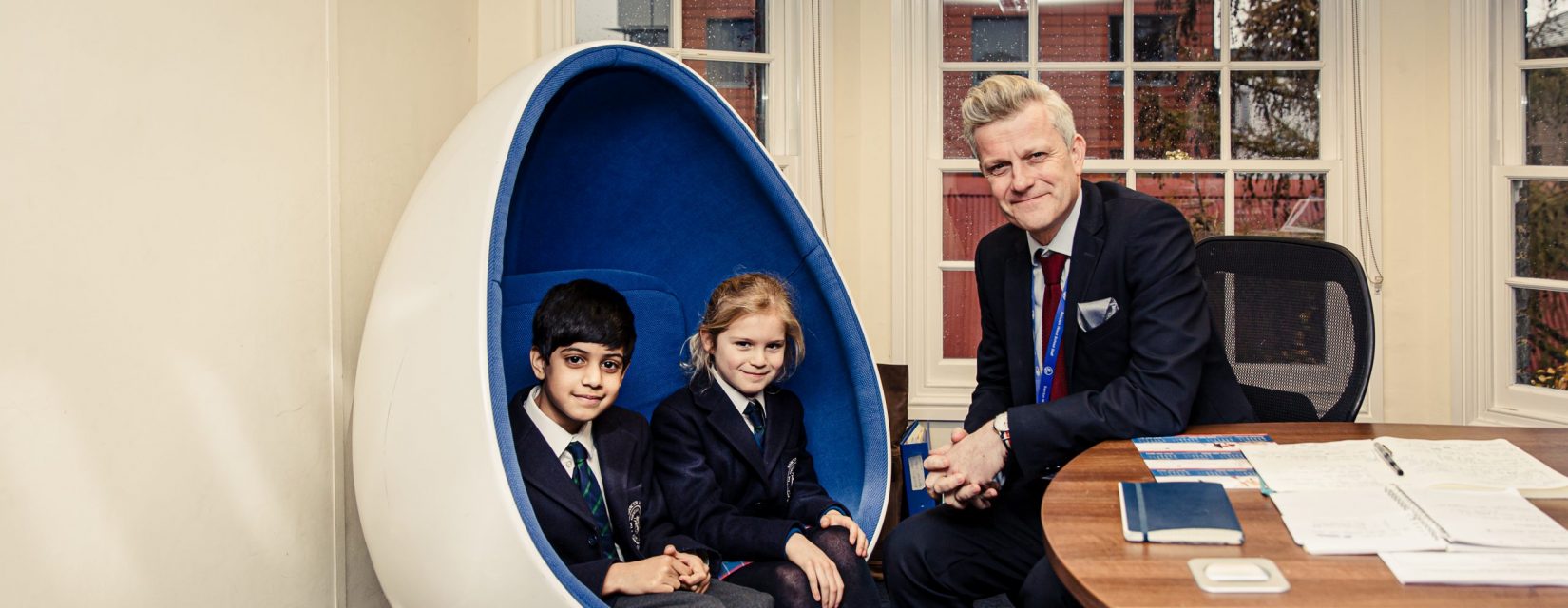Dear Parents,
I’ve been delighted to witness the start of what I hope might become a new tradition at Sancton Wood this week. The exams season is now well and truly upon us and this year our Y11s are sitting their exams at the buildings we still have on Glisson Road, formerly our KS4 centre. The children gather at Bateman Street so that Mrs King and Mrs Tall register them, give them a quick pep talk and then walk them up the road to the centre. Rather wonderfully, the rest of the senior teachers, or at least those teachers that are not teaching, come down to the front of the building and we all clap them out; it’s a lovely act and it hopefully gets the message across that we’ll be thinking of them for the next few hours and wishing them all well.
I hope it helps; exams are stress-inducing for sure and I think that, in some households, stress levels are rising and nerves will be fraying. This may not be the first time the students have coped with anxiety, and we certainly know that it will not be the last. For parents, it’s also very anxiety-inducing – I speak here as a parent of a Y13 and a Y11 this summer. However, I suppose I’m fortunate as I’ve been watching children go through this process for the last 25 years in school and I’ve learnt a few things in that time.
Firstly, I’m always keen that students understand that stress is not always a bad thing; it increases stamina and makes us more alert. Therefore, before or during an exam, it can help by making us feel more motivated, more alert, confident and enthusiastic.
It can become a problem though if it is extreme, or lasts for a long period of time, with no relief. Feeling permanently tense, nervous and anxious is unpleasant for the sufferer, and indeed for those around them. If you notice more regular signs of aggression or panic in your child, this might give you pause for thought. Severe or prolonged stress can impair concentration and make things worse, but over-reacting to normal stress might reinforce it unhelpfully. So it is important to be able to differentiate between acceptable and unacceptable levels of stress.
Symptoms of excessive stress include the following:
- physical effects such as headaches, dizziness and stomach upset;
- a preoccupation with thoughts of exams making it impossible to relax;
- withdrawing from friends, family and hobbies;
- constant tiredness due to problems sleeping;
- loss of appetite or its opposite: over-eating;
- seeing only the negative side of things;
- becoming more aggressive and short-tempered with family and friends.
Feeling prepared and organised can reduce stress. All students should have produced a sensible revision timetable which takes into consideration the number of subjects and topics to be covered, the amount of time between now and the exam, and required rest periods (very important).
For the duration of the exam period, students need a healthy balance between studying and not studying. Keeping up with hobbies and other activities is a really good way to relax and unwind between periods of working. It is vital to have time away from all thoughts of exams and revision; this real rest for the brain makes the revision sessions much more productive.
Also, short study bouts of 20-30 minutes, with a 5-minute break between, enable the brain to take in more. Research shows that long periods of continuous study are counterproductive, and it becomes increasingly difficult to concentrate effectively. During these regular breaks, physical exercise is a really good idea – even if it’s just running up and down the stairs several times ,or taking a walk outside.
I hope the exams go well for our Y11 and don’t cause too much stress at home. Do let us know if you think it’s becoming a problem, we’ll do all we can to help.
Richard
Read the previous “A word from the Principal” here







